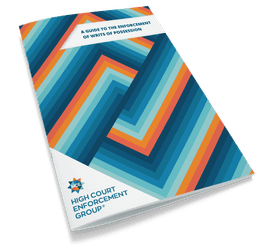Freezing injunctions

Freezing injunctions prevent an individual from selling an asset. You must be sure that any assets you intend to freeze are owned by the individual in question.
An application for this type of injunction should be made with some haste to protect any assets being sold or moved.
Freezing injunctions are usually served without notice. The applicant will need to ensure that they are liaising with third parties which may include banks, HM Land Registry, and trustees to ensure the order to freeze assets is implemented swiftly.
There are many conditions that must be satisfied for a court to grant freezing injunctions
- The applicant must be issuing proceedings immediately or almost immediately
- You must have evidence of breach of trust
- There must be sufficient assets to cover the claim
- There must be a real risk of the items frozen being sold or disposed of
- There should be enough evidence gathered that the further judgment will be successful
- You must be prepared to pay damages and court costs for the individual if it is later proved that the injunction was without merit
Application procedure
Applications are made under CPR 23 which can be downloaded here to either High Court or County Court. Supporting evidence should be provided in the form of an affidavit.
Limitations of freezing injunctions
- A freezing injunction can only be limited to the value owed, therefore it may be limited to a specific asset if a single asset is deemed to cover the debt
- Freezing injunctions cannot cover overseas assets unless the injunction is lodged with the foreign court
- Freezing injunctions do not mean that you will be first in line for a payment, you will have no security that the assets seized, and other creditors may well receive payment ahead of you
Advantages of freezing injunctions
- Freezing assets may well affect the day-to-day business and creditworthiness of the individual. This may well pressure the individual to offer payment or to put forward an agreeable payment schedule
- There will be a full list of available assets as the respondent will be required to provide one
What happens if a freezing order is violated
If a freezing order is disobeyed and assets are disposed of then there is a clear case of contempt of court. This is punishable by fine, custodial sentence, or seizure of assets so any violation is a serious matter.



